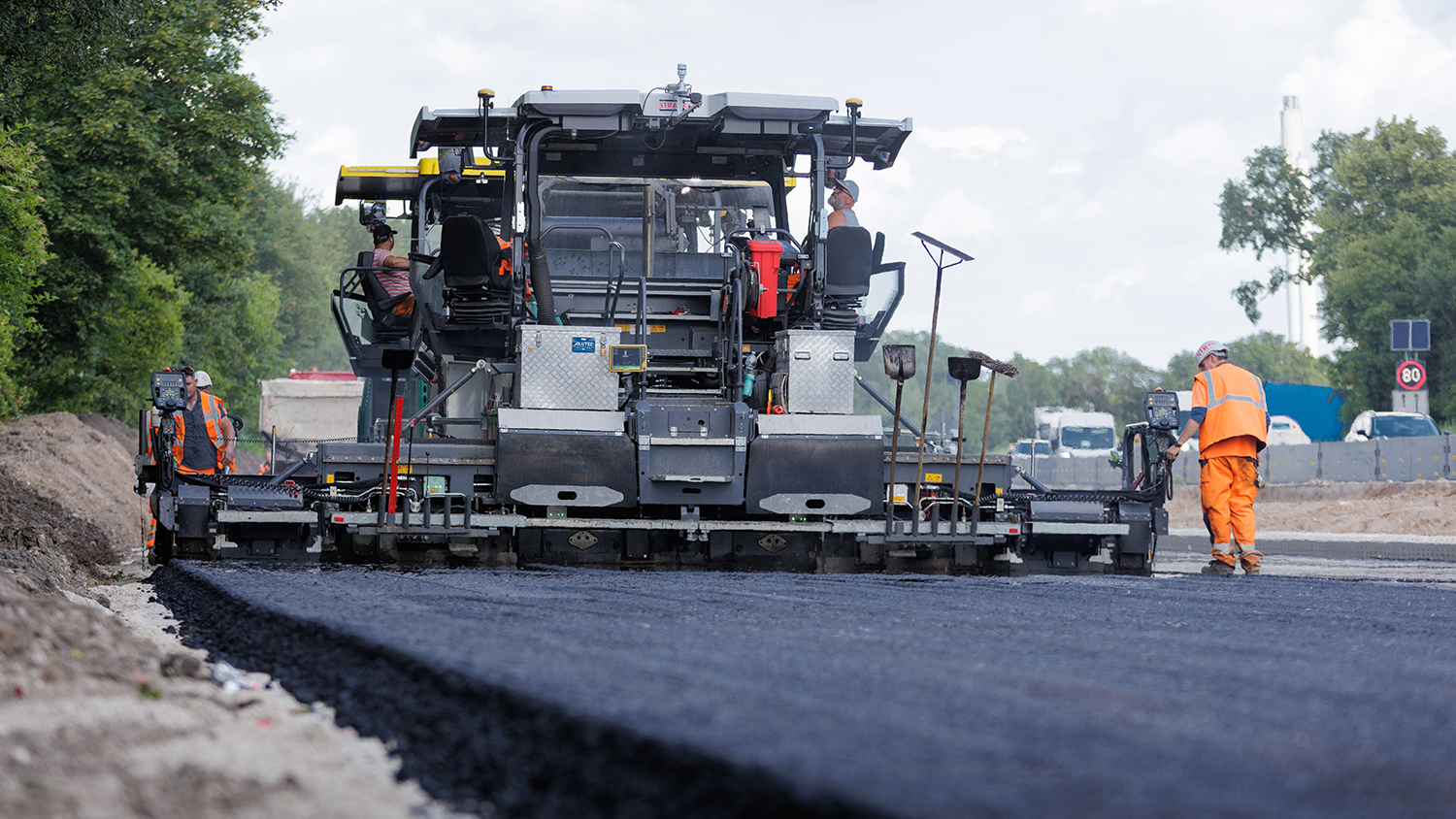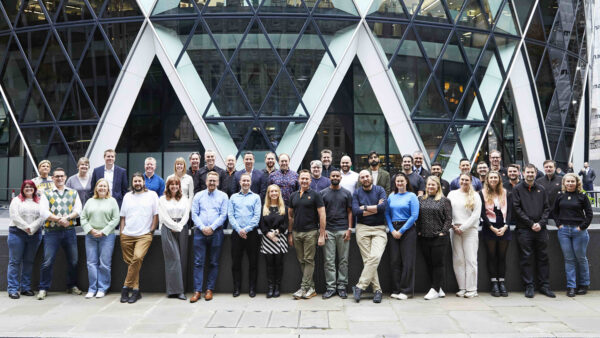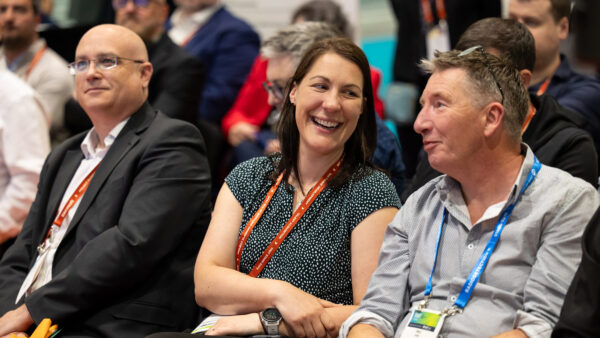Across the globe, 2050 net-zero emission targets are putting pressure on industries and governments to minimise their carbon footprints. The road construction sector is no different and is actively looking for solutions and innovations that will help it reach its goals, says Andy Clifton.
This is not a paywall. Registration allows us to enhance your experience across Construction Management and ensure we deliver you quality editorial content.
Registering also means you can manage your own CPDs, comments, newsletter sign-ups and privacy settings.
A material approach to sustainability
When decarbonising highway projects, it’s impossible to separate materials, operational efficiency and sustainability. This reflects the attitudes in the construction industry as a whole. Topcon’s report, The Future of Machine Control, revealed that addressing the supply chain of materials is considered a vital factor in meeting sustainability targets, coming joint top with machine control and automation.
Meticulous materials management on this scale is impossible without the precision enabled by digital workflows like Topcon’s Sitelink3D service. The ability to transfer 3D models directly onto variable depth millers ensures only what’s needed is milled, without the need for bulky averaging skis thanks to the MC-Max system Topcon provides.
National Highways found that every tonne of asphalt it lays emits an average of 70kg CO2e – adding up to more than 70,000 tonnes of carbon in 2020. This illustrates the scale of highways projects, a scale at which even small improvements in accuracy and efficiency will have a big impact.
Collecting data efficiently
Maintenance also has a role to play in the journey to net zero. Maintaining existing roads is greener than replacing or resurfacing them, and preventative work to keep them in service for longer reduces disruption to users and operational carbon footprint. The ability to collect road surface data quickly and frequently makes it easier to monitor road conditions and intervene before repairs become costly and carbon-intensive.
Digital technology makes this possible without closing roads and the SmoothRideTM road resurfacing solution from Topcon covers the entire paving workflow. Scanners such as the RD-M1 collect road surface data while driving at normal highway speeds, using LiDAR and GNSS technology to capture hundreds of data points per second and providing the full picture with no disruption.
Highways agencies and paving contractors can learn from resurfacing and maintenance projects at airports and racetracks, which need to be completed in hours rather than days. These projects use machinery guided by machine control and work from 3D scanning data to reach the final design faster. Such efficiency can harnessed for public roads to fix faults before they become a real problem.
Creating a sustainable future
While there’s no quick fix to ensure road and highway projects are made more sustainable, incremental improvements promote the efficiency and accuracy of projects as well as reducing their environmental impact.
More broadly, this is why machine control technology and digital workflows have such a crucial role to play in decarbonisation. Together, they allow the industry to work to the best of its ability now, while also preparing the sector for future innovations.
This approach guarantees that when sustainable technologies and materials become available at scale, they’re arriving in a sector that’s already progressing on its journey towards decarbonisation.
Andy Clifton is a senior support engineer at Topcon











